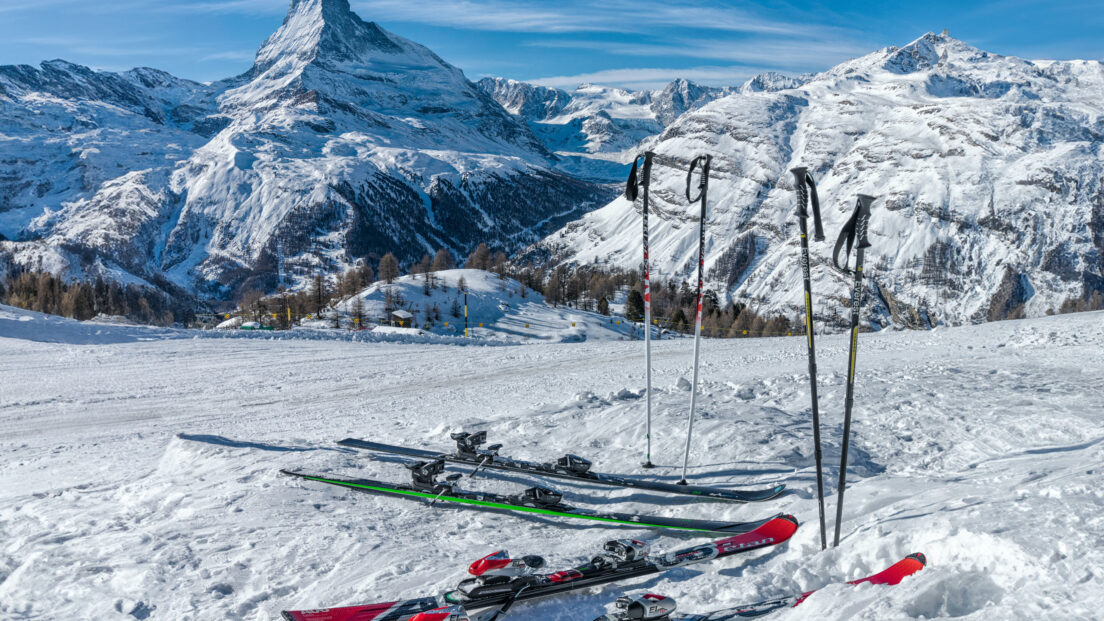BKW makes the start house on the Matterhorn energy self-sufficient

The start house at the cross-border World Cup downhill races in Zermatt/Cervinia is inflatable and energy self-sufficient. It manages without additional cables. The electricity comes from 40 solar cells. The system was built jointly by companies in the BKW network.
This year’s Ski World Cup season starts on the weekends of 11/12 and 18/19 November with cross-border races in Zermatt and Cervinia. According to a press release, BKW has erected a mobile start house on the Theodul Glacier above Zermatt that does not require an external power supply.
The starting house measures 15 by 8 metres and is inflatable. It weighs 600 kilograms and is designed to withstand wind speeds of up to 200 kilometres per hour. Power is supplied by 40 integrated solar cells with a total output of 11 kilowatts peak.
The system was installed by companies from the Bern-based energy service provider’s network. These included BKW Engingeering for the project management, ingenhoven architects based in Düsseldorf for the building planning and enerpeak based in Dübendorf for the electrics and photovoltaics.
BKW is an official premium and sustainability partner of the event organiser Swiss-Ski. “We are using the partnership with Swiss-Ski to bring sustainable solutions to snow sports,” said Michael Morgenthaler, Head of Brand Experience, Partnerships & Campaigns at BKW, in the press release. “At the same time, we can show the public our broad expertise in the areas of energy, buildings and infrastructure.”